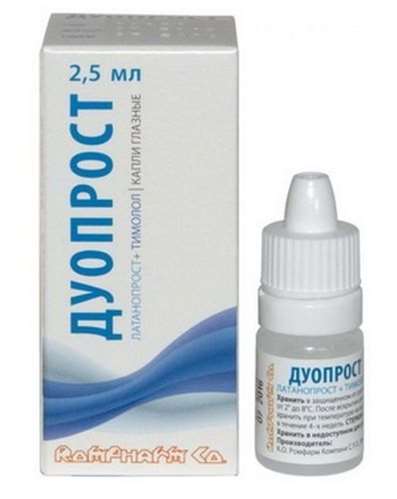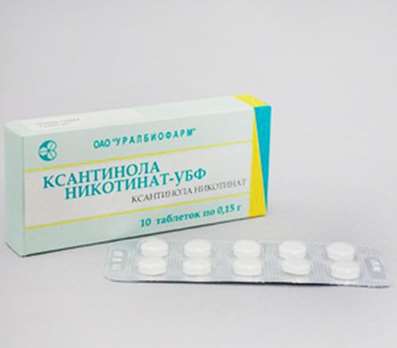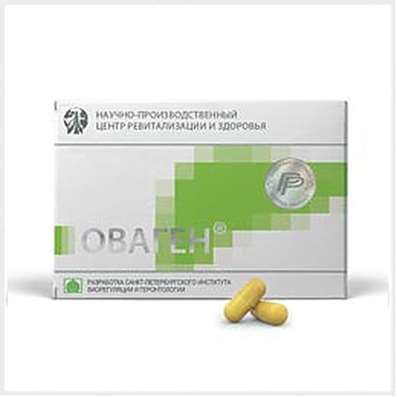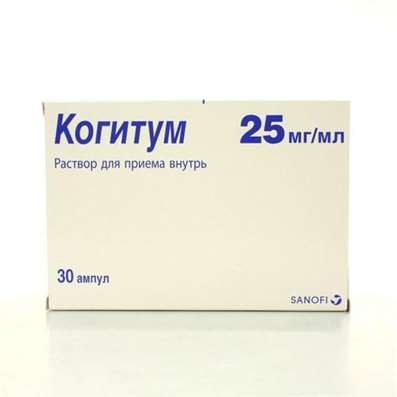Instruction for use: Donepezil (Donepezilum)
I want this, give me price
Chemical name
2,3-Dihydro-5,6-dimethoxy-2 - [[1- (phenylmethyl) -4-piperidinyl] methyl] -1H-inden-1-one (as hydrochloride)
Pharmacological group
M-, n-holinomimetiki, incl. Anticholinesterase agents
Nosological classification (ICD-10)
F00 Dementia in Alzheimer's Disease (G30 +)
Alzheimer's dementia, Dementia in Alzheimer's disease
G30 Alzheimer's disease
Alzheimer's Disease
Code CAS120014-06-4
Characteristics
The piperidine derivative. Donepezil hydrochloride is a white crystalline powder. Easily soluble in chloroform, soluble in water and glacial acetic acid, slightly soluble in ethanol and acetonitrile, practically insoluble in ethyl acetate and n-hexane.
Pharmacology
Pharmacological action - anticholinesterase.
It inhibits cholinesterase and blocks the disintegration of acetylcholine, which carries out normal transmission to the central nervous system. Slows the progression of Alzheimer's disease, reduces the severity of cognitive symptoms (according to the Folstein test), in some cases restores the daytime activity of patients and facilitates the care of them. Corrects behavioral disorders: apathy, hallucinations and unreasonable repetitive motions.
After ingestion of Cmax in the plasma is achieved after about 3-4 hours, eating does not affect absorption. T1 / 2 from the plasma - about 70 hours. With systematic use in single doses, the equilibrium concentration is reached, usually within 2-3 weeks after the initiation of therapy. Distribution donepezil in various tissues of the body has been studied insufficiently. It is assumed that donepezil and / or its metabolites can persist in the body for more than 10 days.
Donepezil is metabolized in the liver. The main products of metabolism are compounds M1 and M2 (O-dealkylation and hydroxylation products), M11 and M12 (glucuronation products M1 and M2, respectively), M4 (hydrolysis product) and M6 (N-oxidation product). There is no information about enterohepatic recirculation of donepezil and / or products of its metabolism. Binding of donepezil with plasma proteins - 95%. Information on binding to plasma proteins of its active metabolite 6-O-desmethyldonepezil is not present. Donepezil is excreted, as well as its metabolites, mainly in urine: 79% of the dose is found in urine and 21% in feces. In the urine predominantly found donepezil.
Pharmacokinetics in special clinical cases
Sex, race and smoking have no significant effect on the concentration of donepezil in plasma. The average levels of donepezil in the plasma of patients correspond to those of healthy young volunteers. Violation of liver function of mild and moderate severity, as well as impaired renal function, do not significantly affect the clearance of donepezil.
Indications
Alzheimer's disease of mild to moderate severity (symptomatic treatment of cognitive impairment).
Contraindications
Hypersensitivity (including the derivatives of piperidine).
Restrictions on the use
Heart rhythm disturbance, peptic ulcer of stomach and duodenum, bronchial asthma, chronic obstructive pulmonary diseases, general anesthesia; Simultaneous reception of NSAIDs, holinoblokatorov, other inhibitors of cholinesterase; Pregnancy, breast-feeding, children's age.
pregnancy and lactation
The action category for fetus by FDA is C.
Side effects
On the part of the intestine: dyspeptic phenomena (nausea, vomiting, diarrhea).
From the nervous system and sensory organs: headache, dizziness, fatigue, insomnia, convulsions, fainting.
From the cardiovascular system and blood (hematopoiesis, hemostasis): bradycardia, violations of sinoatrial and AV conduction.
Other: increased levels of creatine phosphokinase.
Interaction
The effect is enhanced by other anticholinesterase drugs, cytochrome P450 inhibitors (slow biotransformation), weaken cholinoblockers, monooxygenase system inducers (rifampicin, phenytoin, ethanol, etc.). With the simultaneous administration of funds for anesthesia, NSAIDs increase the likelihood of side effects.
Overdose
Symptoms: cholinergic crisis (severe nausea, vomiting, excessive salivation, sweating, bradycardia, lowering blood pressure, respiratory depression, collapse and convulsions).
Treatment: symptomatic therapy. As an antidote, tertiary anticholinergics can be used, in particular atropine at an initial dose of 1-2 mg IV, then the dose is selected depending on the effect. It is not known whether donepezil and / or its metabolites are removed during dialysis (hemodialysis, peritoneal dialysis or hemofiltration).
Routes of administration
Inside.
Precautions
Treatment is carried out under compulsory medical supervision. One of the conditions for effective therapy is appropriate care for the patient. For the period of the course, you should stop taking alcohol.
Supportive therapy can be continued as long as the therapeutic effect remains. If the drug ceases to function, it should be discarded. The efficacy of donepezil hydrochloride in patients with severe dementia of the Alzheimer type, other types of dementia, or other types of memory impairment (eg, age-related deterioration of cognitive function) has not been studied. Donepezil hydrochloride, being an inhibitor of cholinesterase, can enhance the miorelaxation of succinylcholine type during anesthesia.
Cholinesterase inhibitors (including and donepezil hydrochloride) may have a vagotonic effect on heart rate (in particular, cause bradycardia). The potential for this effect may be important for patients with sinus node weakness syndrome or other disorders of supraventricular conduction, such as sinoatrial or AV blockade.
With an increased risk of ulcers, for example, in patients with a history of peptic ulcer disease or patients receiving concomitant therapy with NSAIDs, caution should be exercised during treatment, Cholinomimetics can increase the secretion of acid in the stomach.
Given the cholinomimetic effect of cholinesterase inhibitors, donepezil hydrochloride should be administered with caution to patients with asthma or obstructive pulmonary disease in the anamnesis.

 Cart
Cart





